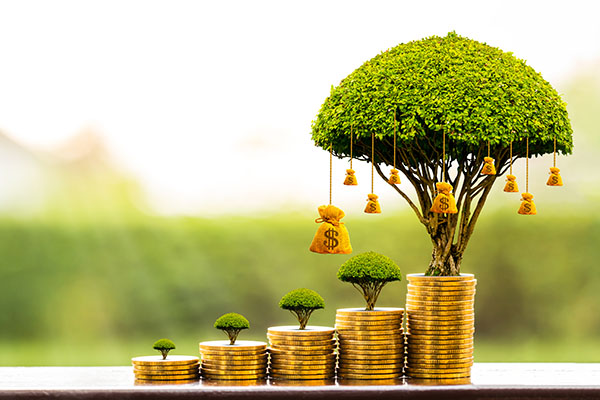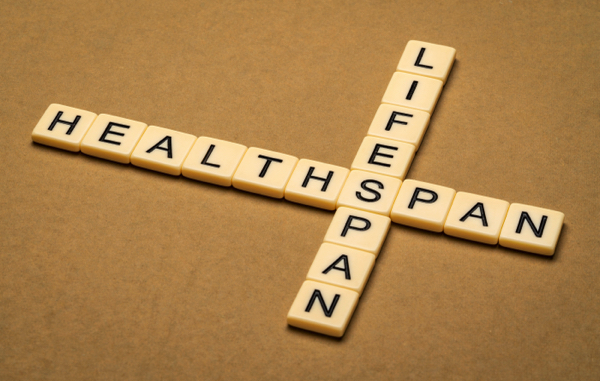Bans on plastic grocery bags are actually increasing plastic consumption, study finds
05/01/2022 / By Cassie B.

There is no question that plastic waste is destroying our environment, but some of the measures that are designed to curb the problem may be inadvertently contributing to it. The latest example of this is a new study that found banning plastic grocery bags is having surprising consequences.
The report, which was published by researchers from Texas A&M University and the University of Georgia, found that although cities introduce plastic bag bans with the aim of reducing the amount of plastic in landfills, these policies are actually causing more garbage bags to be purchased in those areas.
The logic behind this is simple. In areas where customers are still given their groceries in plastic bags, they often reuse them in their homes as garbage bags. In places where they are banned, however, customers need to buy dedicated garbage bags – which are bigger, heavier and thicker than grocery store bags and therefore contribute more to the problem of plastic waste.
It wasn’t just grocery store bag bans that had this effect; they also discovered that areas that have instituted fees on plastic bags at grocery stores are also noting significantly higher plastic garbage bag sales.
The researchers drew their conclusions by studying Nielsen retail scanner data from four areas that had placed restrictions on carryout grocery bags prior to 2014: Washington; Montgomery County, Maryland; San Luis Obispo County, California; and Santa Clara County, California. Nearby counties that had not instituted these measures were used as controls in the study.
The sales of both four-gallon and eight-gallon plastic bags went up in the areas that had instituted bans. However, the sales of larger garbage bags were not impacted, supporting the idea that the smaller grocery store plastic bags were being used by consumers in place of dedicated garbage bags sold in stores.
The researchers estimated that plastic bag regulations were leading stores to purchase 127 pounds more of plastic every month, on average, due to the substitution of smaller plastic garbage bags for carryout bags.
The authors noted: “While we are unable to tell the net effect on plastic consumption, because of the heavier weight of purchased trash bags, it is possible that a bag ban could even lead to an increase in total plastic waste, and this is without taking into account any plastic content in purchased CGBs that consumers buy, and eventually discard, as a result of the ban.”
Many areas have plastic grocery store bag bans in place
Some of the areas that currently have carryout plastic bag bans in place include California, Maine, Hawaii, Connecticut, Delaware, Vermont, Oregon and New York. New Zealand, China, and some African countries have also instituted such bans. In Kenya, those caught producing, using, or importing plastic bags could face major fines or imprisonment.
On May 4, a ban on grocery store bags will go into effect in New Jersey. It applies not only to single-use plastic bags at the checkout but also to paper bags in all grocery stores larger than 2,500 square feet.
According to Statista, the U.S. is believed to be the planet’s biggest generator of plastic waste, and the average American generates around 287 pounds of plastic waste every year. Plastic is harming human health, killing wildlife, disrupting habitats, and leaching chemicals into groundwater. While it is important to do all that we can to reduce this problem, studies like these illustrate the importance of ensuring that measures designed to help the environment, in theory, are not actually hurting it in practice.
Sources include:
Submit a correction >>
Tagged Under:
economics, environment, Kenya, New Jersey, Nielsen, Plastic, plastic bags, plastic waste, Statista, Washington
This article may contain statements that reflect the opinion of the author
RECENT NEWS & ARTICLES
COPYRIGHT © 2017 REAL SCIENCE NEWS





















